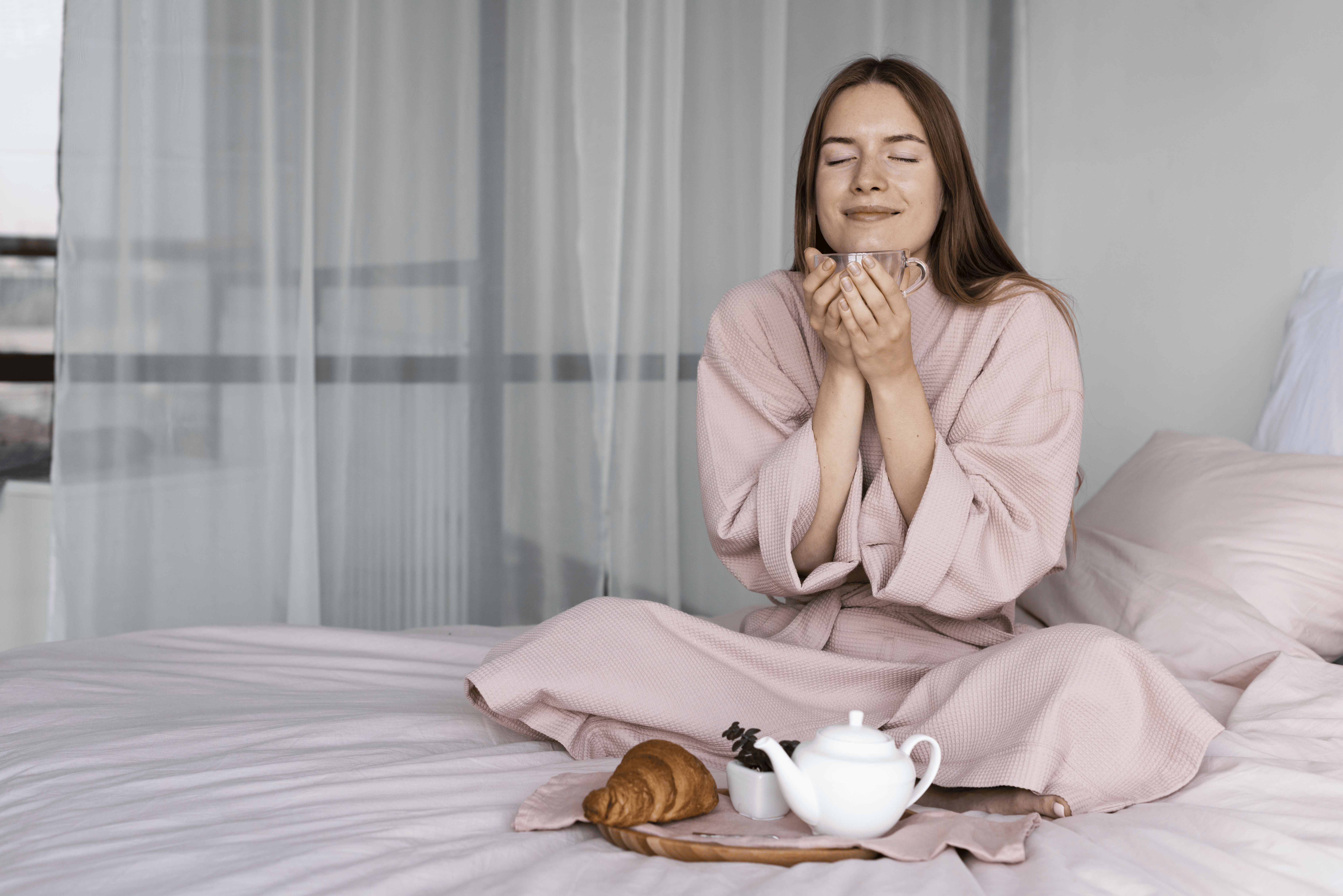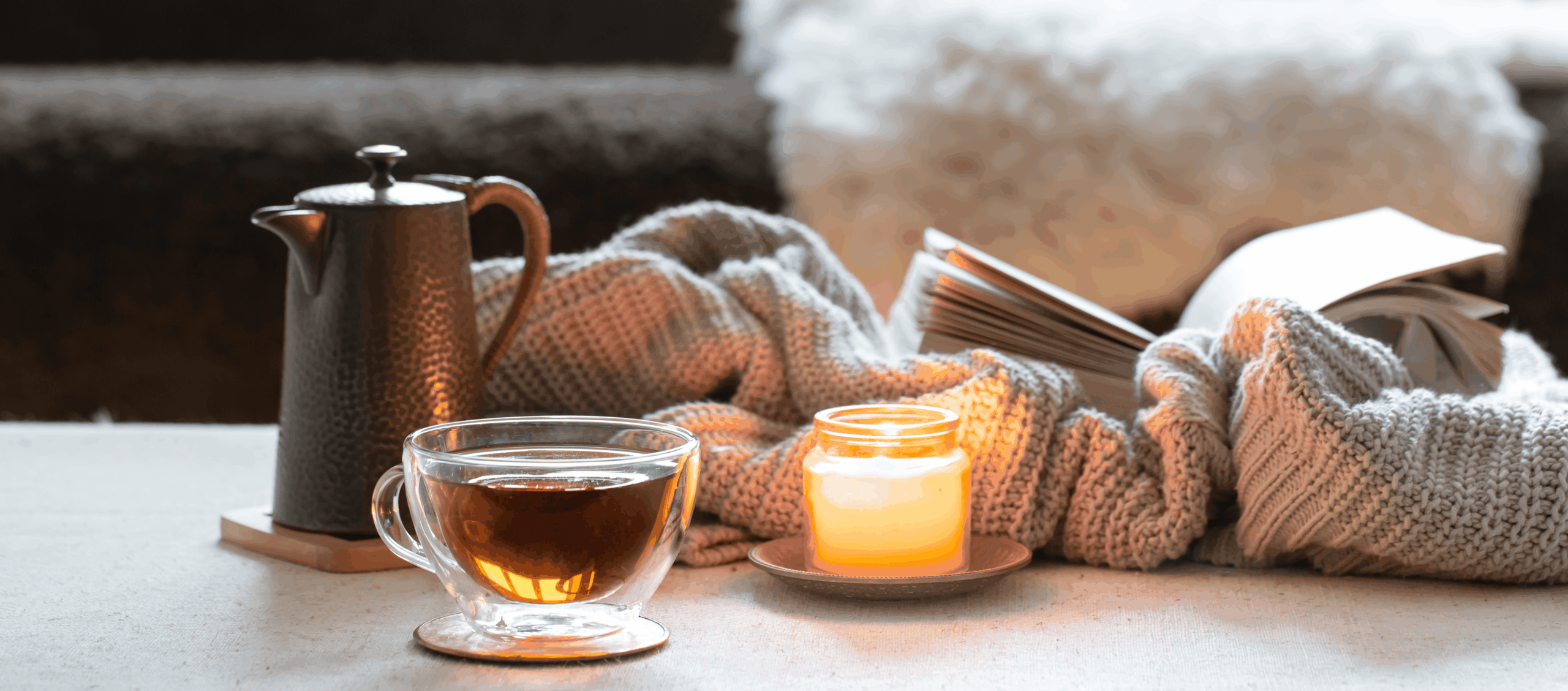Beat Insomnia With These 7 Healthy Teas For Sleep
Insomnia is one of the most common sleep disorders affecting millions of people worldwide. Whether it manifests as difficulty falling asleep, staying asleep, or waking up too early and not being able to fall back asleep, insomnia can have serious consequences on your physical and mental health.
Fortunately, there are natural remedies that can help you get the restful night you deserve. One of the most effective and time-honored remedies is drinking herbal teas that promote sleep. In this comprehensive guide, we explore how you can beat insomnia with these 7 healthy teas for sleep.

Understanding Insomnia and Its Causes
Before diving into the remedies, it’s important to understand what causes insomnia. Common causes include:
- Stress and Anxiety: A major contributor to sleep disturbances.
- Poor Sleep Habits: Irregular sleep schedules, screen time before bed, and consuming caffeine late in the day.
- Medical Conditions: Chronic pain, asthma, acid reflux, and neurological conditions.
- Medications: Certain prescriptions can interfere with sleep patterns.
- Lifestyle Choices: Alcohol, nicotine, and lack of physical activity can disrupt sleep.
Sleep is essential for healing, memory consolidation, and overall health. Herbal teas, with their calming and sedative effects, are a simple yet powerful way to improve sleep quality.
1. Chamomile Tea: The Classic Sleep Inducer
Chamomile tea is perhaps the most well-known herbal tea for promoting sleep. Its mild sedative effects come from apigenin, an antioxidant that binds to certain receptors in your brain and promotes sleepiness.
Benefits:
- Reduces anxiety and stress
- Induces relaxation and sleep
- Anti-inflammatory properties
How to Use:
Drink a cup of chamomile tea about 30 minutes before bedtime. You can add a teaspoon of honey to enhance its calming effect.
2. Valerian Root Tea: Nature’s Sedative
Valerian root has been used for centuries as a natural remedy for insomnia and anxiety. It is believed to increase the amount of GABA (gamma-aminobutyric acid) in the brain, which helps regulate nerve impulses and promotes relaxation.
Benefits:
- Reduces time to fall asleep
- Improves sleep quality
- Lessens nighttime awakenings
How to Use:
Brew a cup of valerian root tea about an hour before you plan to sleep. Note that the taste can be strong and earthy, so it may be an acquired taste for some.
3. Lavender Tea: Aromatherapy in a Cup
Lavender is well-known for its aromatic properties, often used in essential oils for relaxation. Lavender tea brings those calming effects internally.
Benefits:
- Reduces heart rate and blood pressure
- Calms the nervous system
- Enhances mood and reduces depression
How to Use:
Steep dried lavender buds in hot water for 5-10 minutes. Enjoy it while inhaling the soothing aroma for a double dose of calm.
4. Lemon Balm Tea: The Mood Lifter
Lemon balm, a member of the mint family, has a light, citrusy flavor and a long history of use for reducing stress and improving sleep.
Benefits:
- Reduces anxiety
- Promotes restful sleep
- Improves cognitive performance
How to Use:
Steep 1 tablespoon of dried lemon balm leaves in hot water for 5-10 minutes. Drink 30 minutes before bed for optimal effects.
5. Passionflower Tea: For Deep, Restorative Sleep</h2
Passionflower contains flavonoids that interact with GABA receptors in the brain, helping to reduce brain activity and promote deep sleep.
Benefits:
- Helps with insomnia and anxiety
- Promotes calmness
- May improve sleep duration and quality
How to Use:
Drink a cup of passionflower tea 1 hour before bedtime. This tea has a mild, pleasant taste and is often combined with other herbs.
6. Peppermint Tea: Gentle on the Stomach and Mind
While peppermint tea isn’t sedative in the traditional sense, it helps relax muscles and soothe digestive issues that may keep you awake at night.
Benefits:
- Relieves tension headaches
- Soothes digestive issues
- Promotes relaxation
How to Use:
Brew peppermint leaves in hot water and enjoy after dinner to prepare your body for rest.
7. Magnolia Bark Tea: An Ancient Remedy Revisited
Magnolia bark has been used in traditional Chinese medicine for centuries. It contains honokiol and magnolol, compounds that have been shown to reduce anxiety and improve sleep quality.
Benefits:
- Promotes sleepiness
- Reduces anxiety
- May help with sleep apnea symptoms
How to Use:
Drink a cup of magnolia bark tea 30-60 minutes before bedtime. It is often blended with other herbs to improve flavor and potency.
Tips for Maximizing the Effects of Sleep Teas
To get the most out of your herbal teas, follow these tips:
- Establish a bedtime routine: Consistency is key to regulating your internal clock.
- Create a calming environment: Dim the lights, reduce noise, and keep your bedroom cool.
- Avoid caffeine and alcohol: These substances can interfere with your sleep cycles.
- Limit screen time: Blue light from screens can suppress melatonin production.
- Practice relaxation techniques: Try deep breathing, meditation, or light stretching.

When to Consult a Doctor
While herbal teas are generally safe for most people, you should consult a healthcare provider if:
- Your insomnia persists for more than a few weeks
- You are pregnant, breastfeeding, or on medication
- You experience side effects or allergic reactions
Conclusion
Getting a good night’s sleep is vital for every aspect of health. If you suffer from insomnia or just want to improve the quality of your rest, incorporating sleep-promoting teas into your nightly routine is a gentle and effective solution.
Each of the teas mentioned above has unique properties that can help you relax, unwind, and fall into a peaceful slumber.
The path to better sleep doesn’t always have to involve medication or drastic changes. Sometimes, a warm, soothing cup of tea is all it takes.
References
- https://www.sleepfoundation.org/insomnia
- https://www.ncbi.nlm.nih.gov/pmc/articles/PMC3613440/
- https://www.ncbi.nlm.nih.gov/pmc/articles/PMC5871310/
- https://www.ncbi.nlm.nih.gov/pmc/articles/PMC6007527/
- https://www.ncbi.nlm.nih.gov/pmc/articles/PMC3613441/
- https://pubmed.ncbi.nlm.nih.gov/13143908/
- https://www.ncbi.nlm.nih.gov/pmc/articles/PMC6332363/